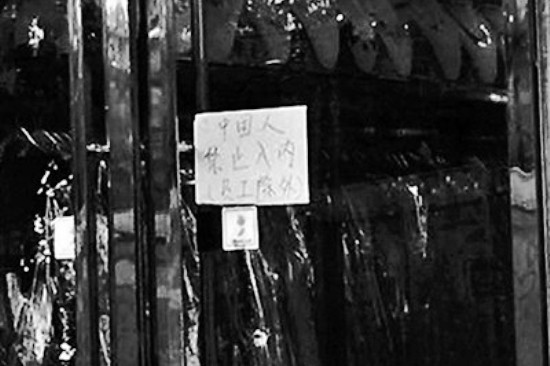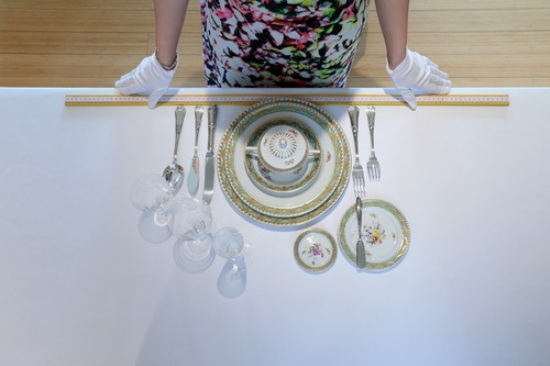Former Shenzhen Deputy Mayor Gets 10 Years For Corruption
Posted: 12/29/2014 10:00 amThe former deputy mayor of Shenzhen, Liang Daoxing, has been sentenced to 10 years in prison for corruption. The 63-year-old who served from 2002 to 2009, was convicted of accepting RMB 1.94 million, HKD 2.78 million, and US $5,000 in bribes.
The laundry list of offences included, allowing businesses to pay for his travel expenses, as well as his daughter’s apartment. Liang disputed the charges, arguing he should have received a more lenient sentence due to his years of public service.
When Liang was party chief of Nanshan District, he reportedly took HKD 680,000 from an engineer at Nanyou Holdings Co., surnamed Ye, in exchange for appointing him head of the Nanshan Urban Construction and Development Co., a state-owned enterprise. Ye, also charged with corruption, pleaded guilty earlier this month to accepting RMB 2.09 million and HKD 290,000 in bribes.
Then there was Jiang Hanping, a deep-pocketed man who shelled out twice to Liang—once to become head of Shenzhen’s family planning commission, which cost him RMB 130,000, and later to ascend to the head of Shenzhen’s public health bureau, a promotion with a price tag of RMB 500,000.
Liang didn’t just hand-out promotions to the highest bidder, he also accepted RMB 428,510 and HKD 1.1 million in bribes to relocate Shenzhen’s Neurological Disease Hospital and a factory.
Liang also used a man named Zhang to purchase the aforementioned apartment for his daughter, who was getting married at the time. Liang paid roughly 60% of the cost, and Zhang shelled out the rest. Zhang then agreed to decorate and furnish the apartment, paying an additional HKD 600,000.
Photo: xwh

























